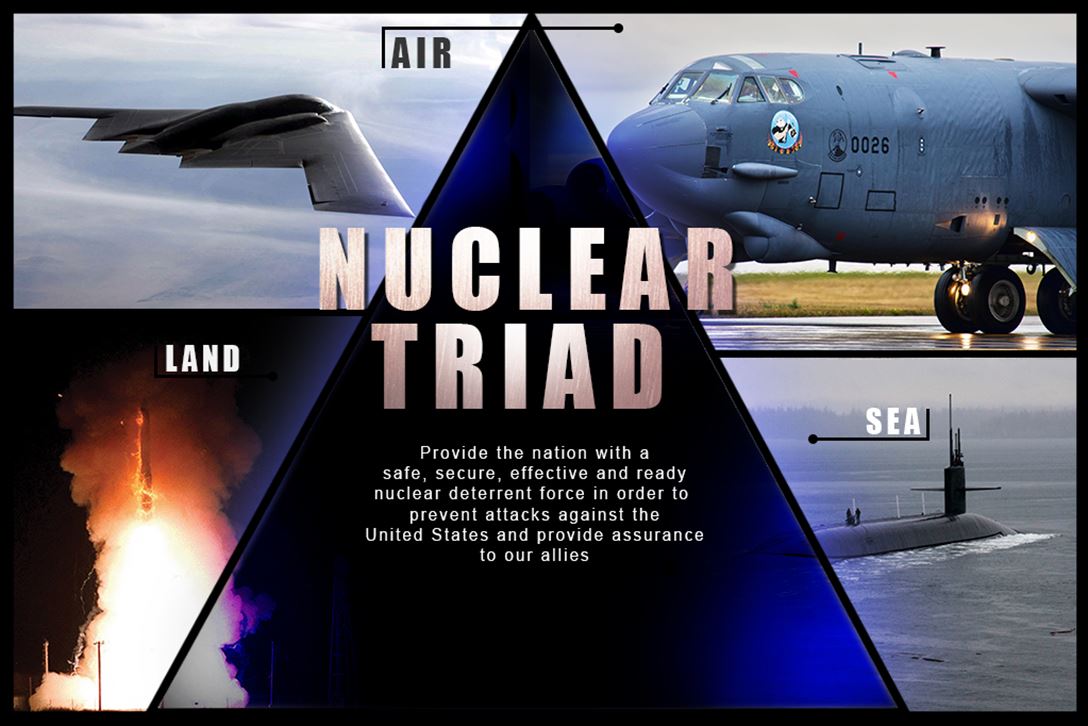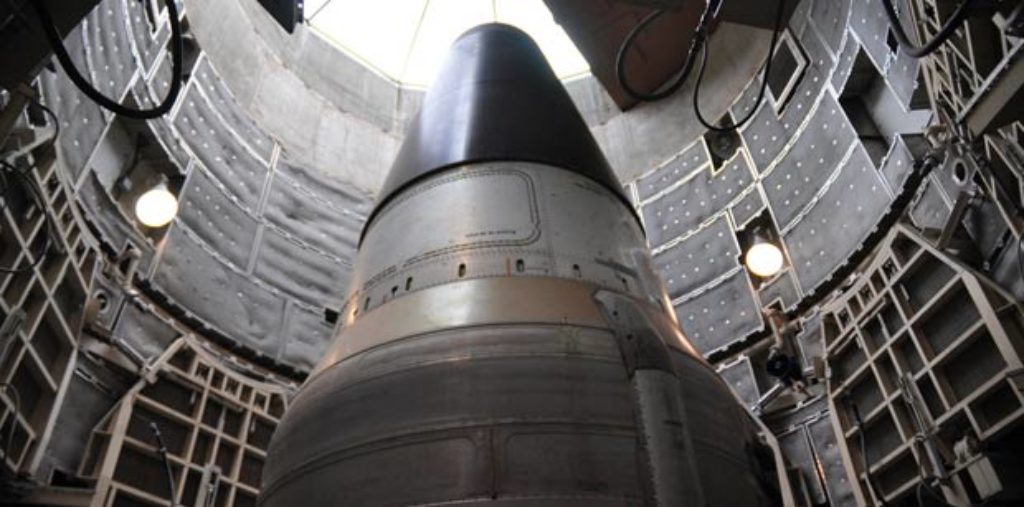
The Fallacy of Deterrence
Kati Juva / International Campaign to abolish Nuclear Weapons
(January 5, 2024) — The idea of deterrence is that when the adversary is aware of your capacity to punish it very forcefully (to make a counterstrike) for its unwanted behaviour (using nuclear weapons), they will make a rational decision not execute the unwanted act. Otherwise, they would also be destroyed.
This has been the mantra of all nuclear weapons states since the beginning of the nuclear arms race. That nuclear arms actually safeguard the peace between nuclear powers, when no one dares to use them.
Unfortunately, there are terrible flaws in this reasoning.
It is noteworthy that the 2nd Meeting of States Parties of the Treaty on the Prohibition of Nuclear Weapons (TPNW) challenged this security paradigm of nuclear deterrence. I hope this will be even more powerfully visible in the 3rd meeting of TPNW in March 2025.
One of the problems with deterrence lies in the fact that it relies on decision makers being always rational—that different states and parties weigh values, threats and possible consequences in the same way. Much of the nuclear discourse is based on ambiguity and even bluff. The adversary will never really know where the “red line” goes which you cannot pass without counter acts. You can actually never be sure whether the deterrence works or not—until it doesn’t.
It’s also very dangerous to rely on political leaders to always be rational and weigh the pros and cons of an act in a balanced and far-sighted way. The death penalty has not been able to prohibit homicides.
Decision makers can and probably will also be under a heavy mental burden if the political atmosphere is tense and there are huge implications at stake. They can be misguided, under the influence of alcohol or other drugs. The fate of humankind should never be trusted to the hands of very few—or even one—person. Sooner or later someone can be so unbalanced or desperate that he/she makes a fateful mistake regarding a nuclear attack.
The longer we have nuclear weapons, the greater the risk something goes fatally wrong. There have been dozens of near-miss occasions where only luck and cool-headed officers have prevented nuclear war from breaking out. Sometimes it has been a technical defect, sometimes a human misunderstanding. But as the UN Secretary General António Guterres has said, luck is not a strategy.
Although the current nuclear arsenals are less than one fifth of the Cold War numbers, their overkill capacity is still enormous. A nuclear war with only 2% of the total amount of nuclear weapons exploded will cause a nuclear famine threatening two billion people with starvation. In my home country, Finland, no one would survive such a catastrophe. Even a so-called first strike with, for example, 250 nuclear warheads without a counterstrike would collapse your own country’s food production and as a consequence your whole society. A full-scale nuclear war between the US and Russia, detonating thousands of warheads, would cause a nuclear winter and the possible extinction of humanity.
Still deterrence and the nuclear arms race goes on, because it is useful to many people. There are lots of companies benefiting economically as participants in the nuclear weapons industry.

But nuclear weapons can also give states more space to carry out aggressive policies and to prevent others from attacking them. Iraq was occupied, but North Korea is still independent. And it is clear, that being a nuclear-armed state has enabled Russia to attack Ukraine. The fear of nuclear escalation has prevented NATO from defending Ukraine directly, although arms have been given.
Nuclear weapons have thus permitted the war in Europe, not prevented it or helped maintaining peace, as the deterrence mantra goes. On the contrary, many lower intensity wars and occupations have been made possible when countries owning nuclear weapons have threatened to use them if they are obstructed.
It is important to expose the fallacy of deterrence. We need to talk about the humanitarian consequences of nuclear weapons in order to get decision makers to understand that nuclear weapons cannot be used in any circumstances. But we also have to enlighten the leaders about the enormous risks deterrence contains. There is not and there cannot be any evidence that deterrence works in the long run. It is a fatal mistake to trust our whole existence to the rationality and sanity of decision makers and the infallibility of technology. Luck is not a strategy.
Dr. Juva is IPPNW co-president from Finland. She is a specialist in neurology and University lecturer at Helsinki University Central Hospital, Division of Psychiatry. She is also a deputy city counsellor (Green party) in the city of Helsinki.